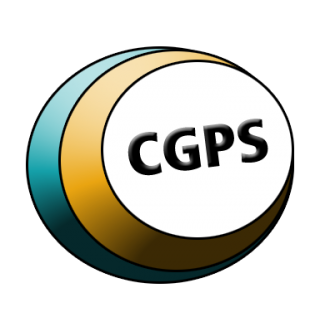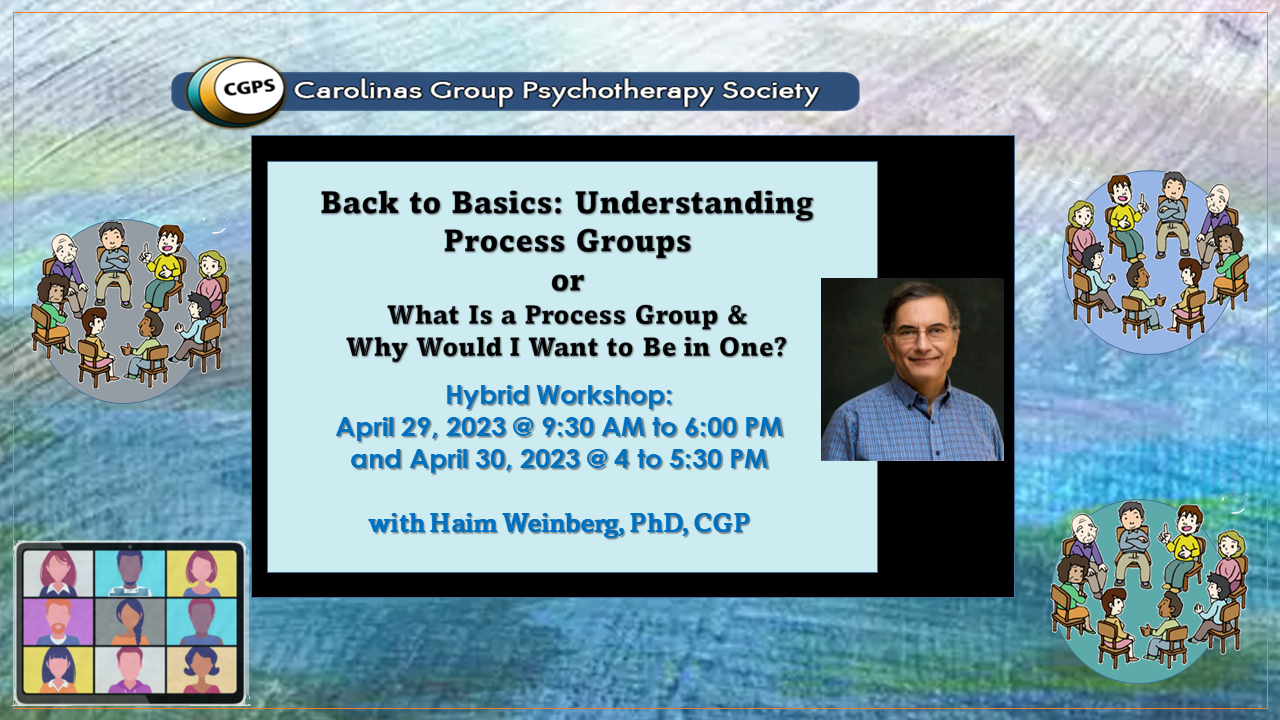 | 
|
Welcome everyone!
Our Fall Workshop, "An Introduction to Systems Centered Training," held on Friday, September 26, 2025. had 21 people learning and experiencing Systems-Centered theory and techniques from Dr. Heather Twomey, PhD. As usual, this workshop features
experiential learning in group sessions, which Dr. Twomey led using the Systems-Centered theory.
Our Spring Event, "Navigating the Powers with Presence," was enjoyed by 14 participants at the lovely Wrightwood Park in Durham, despite a light sprinkle of rain. The clouds soon gave way to a beautiful day for discussion, reflection and networking.
An Article by One of Our MembersRead the article by our DEI Workshop presenter and board member, Vinny Dehili: Cultural awareness— color blindRaising awareness and honoring the sociocultural transference threads throughout group therapy. By Vinny Malik Dehili, PhD, CGP
Date created: November 8, 2021; 11 min read Board of Directors |
| Member NewsBrandon (Diggs )Williams, LCSW, has been appointed by Governor Josh Stein to the North Carolina State Social Services Commission on June 25, 2025.
Completed Event:Recording Available for Members!Presented by Tony L. Sheppard, Psy.D., CGP, FAGPA Recorded July 22 at 12:00 to 1:30 PM To Receive Notice of EventsBecome a Member! |
|
CGPS Interviews
Interested in what CGPS has to offer? | Interview with Richard Schwartz, Presenter for our 2016 Fall Workshop "Internal Family Systems in Group Psychotherapy: Your Parts, My Parts and the Self" April, 2016 |
Here's our past Events
Past Brief Events
|
What Others Are Saying
“I have found it to be rare for people in professional spaces to get into these types of conversations about group, personal, and professional growth. This is the only conference where you are invited to bring your whole self to the group process. The ability to engage and talk about what you’re learning in the moment – what is coming up for you and how it relates to others…it’s fantastic.” - Agustina Vidal | Student and Returning workshop Attendee |
|
“You get to learn on two levels. You have the more intellectual level in the academic, structured discussions. The speakers and training have been really good both times I have attended. And then you also participate in the unstructured process groups and experience the way those kinds of process groups work, which is really rich. I saw all the group dynamics going on in myself and in other people in the group. I had a group facilitator who made the small groups reflect the larger discussions, and that grew in me more of a gut level, internal awareness of group work. The people are incredibly warm and inviting, which really embodies the focus on group work. Inviting people into community is an important skill of facilitating group process, and it really shows at CGPS in the way people I have met have treated me.”










